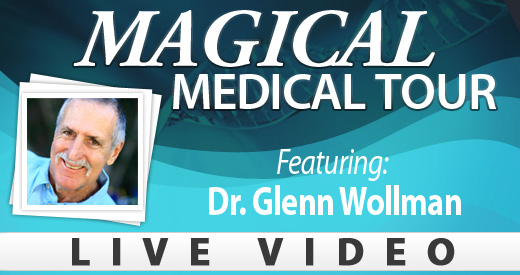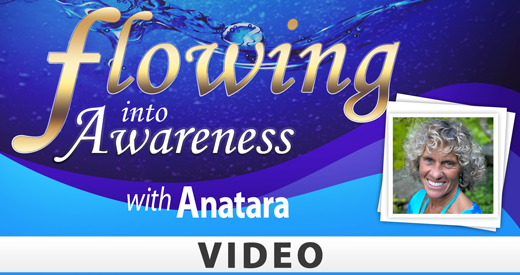To Sleep, Perchance To Dream
[post-img]But dreams are not the only reason – or the most important reason – for sleep. “Ay, there’s the rub…” (Shakespeare’s Hamlet). Although we have been fascinated with sleep since the beginning of time, in the twenty-first century we still don’t know exactly why we sleep. It appears at this time that some of sleep’s purposes have to do with (a) Rest and Recovery; (b) Adaptation; and (c) Learning new tasks.
Sleep Science began to take hold in the 1700s and since then we have learned a great deal about stages of sleep, sleep and wake centers in the brain, neurotransmitters and the like. Physicians and Scientists are defining and diagnosing multiple types of sleep disorders. The socioeconomic and health consequences of NOT getting a good night’s sleep are staggering. We are now living in a SLEEP DEPRIVED society where over 60% of people do not get a good night’s sleep, rendering them tired during the day. If you are lucky enough to enjoy a good sleep, you might be thinking it is of no consequence to you. However, consider the possibility that one of the “sleep deprived” might be driving a car in the oncoming lane and they fall asleep at the wheel just before approaching your car. Still not concerned?
[tip-fact]We are learning that the physiologic process is a highly complex and well orchestrated symphony of brain chemistry (neurotransmitters) and brain pathways. The system is always working in a balance between the waking centers and the sleeping center. Of the two, the sleeping center is more demanding. Each body within each species requires a certain amount of sleep and if that amount is not met, at some point the “Sleep Collector” will be at your door. If you are not sure about this, allow me to suggest an experiment. Make sure that you have a period of time without any responsibilities pending and make sure that you have a few people who would be willing to watch over you. Set up a few physical and mental tasks that you can do easily. Maybe even videotape the event. Now, stay awake for as long as you possibly can. As time goes by, be aware of how your body feels and how functional you remain. At times you may fall asleep and not even know it. Finally, when you do go to sleep, see how long it takes you to fully recover.
[b-quote]A simple test to know if you have a sleep problem is to notice if you are tired and yawning during the day; thinking about a nap; not working at your usual capacity. A partner may also notice that you have abnormal breathing patterns while you are sleeping. If any of these occur, please consider seeing your doctor – not for sleeping medication but to get evaluated for treatable and life-threatening disorders. There are now physical disorders, such as certain types of heart disease that are being linked, in part, to lack of good healthy sleep.
If you have good sleep hygiene, the following tips may not be necessary. Otherwise, here are some things that I have observed in my practice as an Emergency Department Physician and as a Medical Guide:
How to Go to Sleep
- 1. Honor Sleep.
2. Give yourself permission to go to bed.
3. Keep regular hours.
4. Create a restful place to sleep (light, temperature, sound).
5. Begin decreasing light exposure (including the light from television and computers) about two hours before sleep.
6. Sleep on a comfortable bed that you love and make sure there are no allergies to sheets, mattress, pillows or pets.
7. Use the bed for sleeping and intimate relations only.
8. Practice good habits during the day (nutrition, exercise, stress management).
9. Cut down on stimulants (nicotine, caffeine, alcohol),m especially near bed time.
10. Have a warm bath/shower for the body and an ice towel for the head. A warm body and a cool brain seem to have a good effect.
11. Shut down the body, mind and spirit for the night.
12. Use cognitive techniques, imagery and breathing techniques when appropriate.
If You Awaken During the Night
- 1. For a bathroom trip or for thirst, try keeping it dark. Don’t turn on lights if possible. Keep one eye closed and squint the other eye. Remember, light is the nemesis of sleep. If light gets in to the brain, it will think it is time for you to awaken.
2. If you awaken and can’t get back to sleep, get out of bed and do some type of low level, repetitive activity that requires very little light.
I don’t believe this article would be balanced without some words on how to awaken from a wonderful sleep
Awakening
- 1. As soon as your mind realizes you are becoming awake, keep your eyes closed and welcome back Spirit.
2. Connect your mind to your body and, without any movement, do a body scan to see if anything is hurting (especially if it wasn’t before you went to bed).
3. Follow this with a series of very slow, limited movements starting at the feet and moving up to the neck and head, checking for pain with movement and range of motion.
4. Now that your Spirit, Body and Mind are connected, declare the day with a positive affirmation (such as “Today I will make people laugh).
5. Now, slowly and gracefully open your eyes and let the light out.
6. Get out of bed slowly.
7. Begin by ingesting a small amount of a warm liquid (water is fine), before eating solid food. This is good for digestion.
8. Enjoy your very balanced day.
For comments or questions, I can be reached through MyYogaHub.com/gwollman or my website GlennWollman.com
Glenn D. Wollman, MD, FACEP
Medical Guide
1. A Sangoma is a practitioner of herbal medicine, divination and counseling in traditional societies of South Africa.




